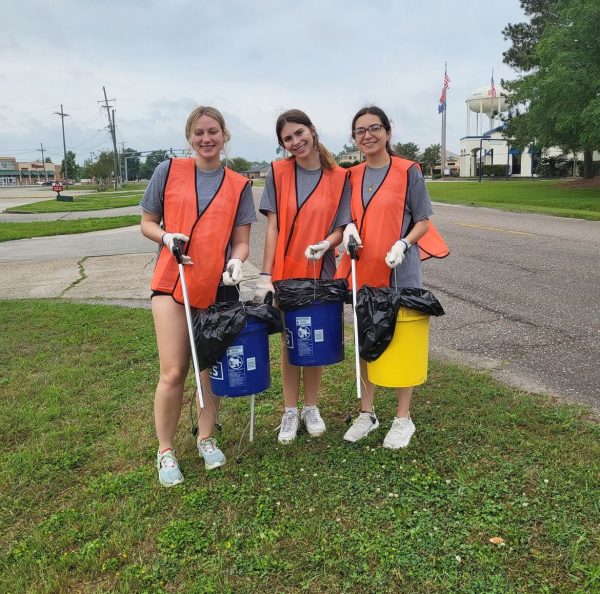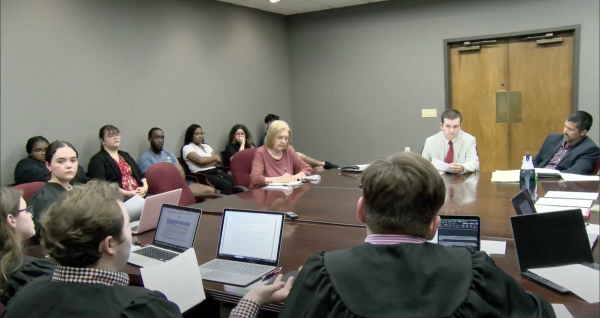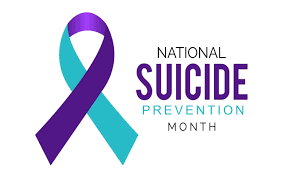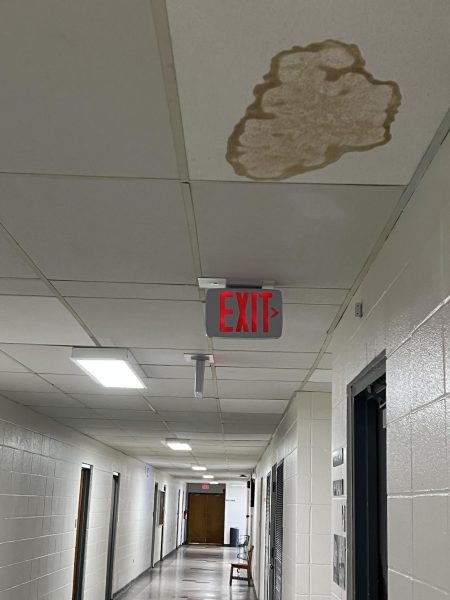Yes Means Yes Bill should spread nationwide
Facing what is regarded as an epidemic of campus sexual assault, California lawmakers have become the latest to sign a law into effect defining what constitutes consent, and it is time for Louisiana’s legislature to do the same.
Colleges across the country have reigned in binge drinking, cracked down on fraternities and began training students to not be passive bystanders when they see signs of trouble, but California has taken it a step further. It has become the first state in the country to pass a law obliging every university in the state to have a consent policy or face losing state aid.
Coming at a time when politicians all the way up to the President himself are drawing attention to campus sexual assaults, some say that results are hampered by not knowing what will actually work to prevent sexual assaults on college campuses.
However, doing anything is better than doing nothing. It wasn’t much more than a week ago that the University of Wisconsin-Milwaukee chapter of Tau Kappa Epsilon was suspended after allegations that the fraternity used a color-coded system to put date-rape drugs in the drinks of female guests at party.
According to reports, at least three women and a man were found the night of that party, vomiting and unable to walk back to their dorms. The women were marked with a red X on their hands and the man, who had a black X on his hand, told police he’d drank from the same cup as a woman with a red X. Female partygoers were allowed to buy index cards that provided “all access to the house” and one woman told the police that “you have to be hot” to purchase one of the cards. Drinks were mixed under the bar.
What happened in Milwaukee isn’t something that was thought up on a whim. It is painfully obvious institutionalized sexual assault. How can we, as a society, guarantee that students needn’t worry about this type of egregious, forcible violation of the person if it was allowed to go on for who knows how long before it was finally exposed?
It would be an injustice to students everywhere if this situation doesn’t open the eyes of administrators and spur them into action.
Information on the depth of the problem of campus sexual assault is hard to come by, as most sexual assaults are not reported. A White House Task Force recommended that schools conduct “campus climate surveys” that include questions on sexual assault, and the US Department of Education introduced the Campus Sexual Violence Elimination Act to address the violence women face on college campuses, the highest rates of stalking, the highest risk of nonfatal intimate partner violence and 20-25 percent of female students experiencing rape or attempted rape.
These are steps in the right direction, but again, one must only look at Wisconsin-Milwaukee to see the depth of the problem.
Of course, as with any new law, there is room for improvement. Legislation like California’s “Yes Means Yes” Act and the US Department of Education’s SaVE Act are steps in the right direction that can only lead to eliminating a problem that has plagued college campuses for far too long.
Parties and social gatherings are a part of the fabric of the college experience. No one is arguing that they be done away with. However, these events should be things that college students look back on with fond memories of good times with friends when they’ve graduated, not times of fear and the violence that they experienced.












![Nicholls Garrett Felix [#6] advances to first base after drawing a walk against Louisiana on April 2.](https://thenichollsworth.com/wp-content/uploads/2024/04/FelixWalk-at-UL-600x400.jpg)
